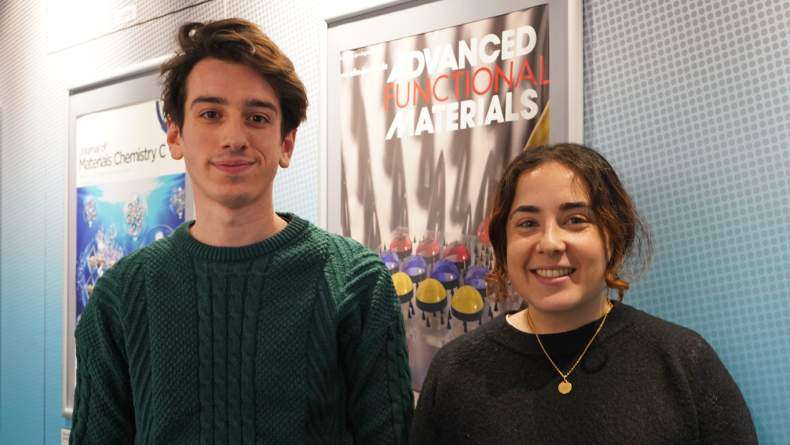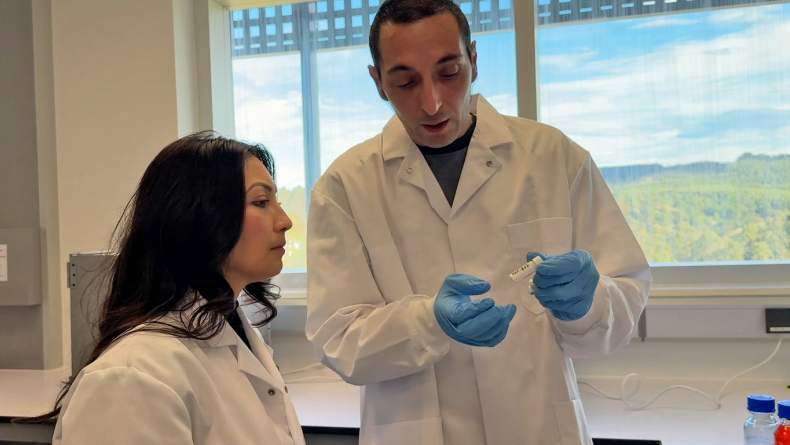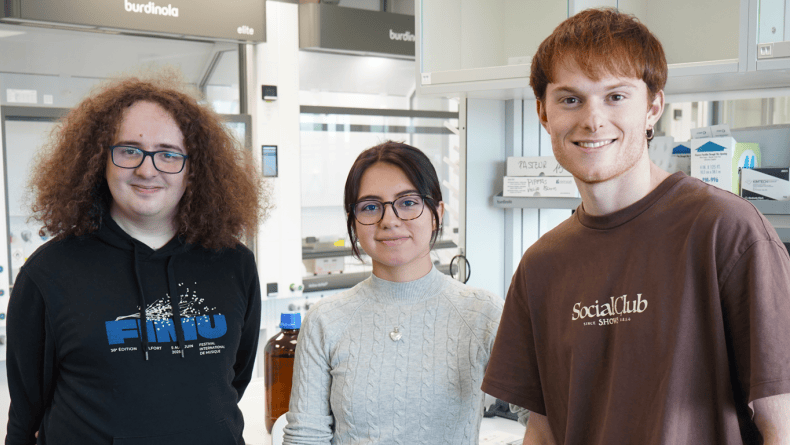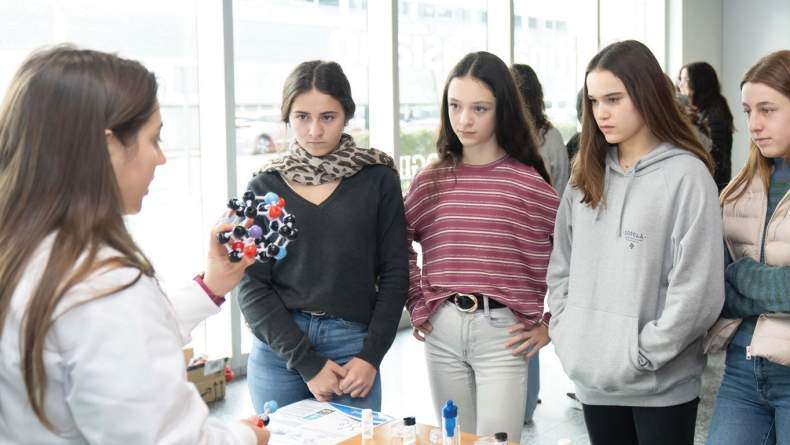BCMaterials invited talks: Unai Silvan
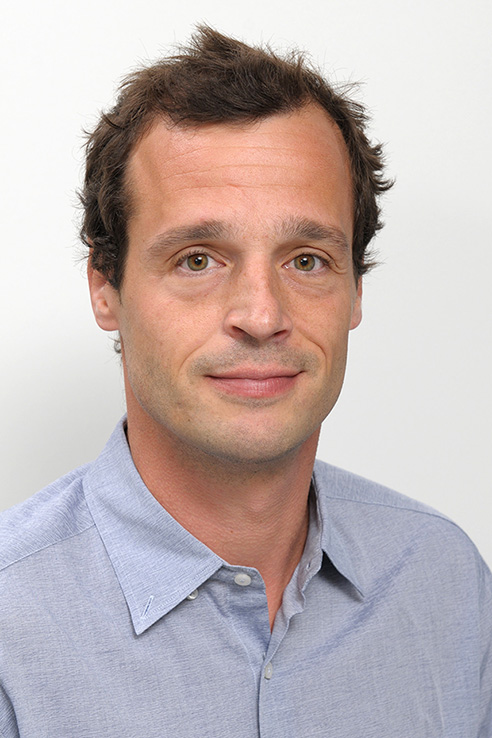
Protein assembly guides the response of cells to compliant biomaterials
Unai Silvan Department of Health Sciences and Technology, ETHZ & University of Zürich (Department of Orthopedics)
Cell behavior is strongly determined by the mechanical cues arising from the microenvironment. The mechanism by which cells sense and respond to material rigidity involves the generation of oscillating pulling forces through cell-substrate adhesions, which transmit the tension to the actin cytoskeleton and drive the activation of cell-specific signaling pathways that determine cell fate. Understanding these cell-material interactions requires accurate characterization of the substrate mechanical properties, which are generally measured by indentation-type atomic force microscopy (IT-AFM). Nevertheless, the topographical and mechanical properties of the extracellular matrix coatings used to promote cell adhesion, and their impact on the cell response, remain insufficiently studied. With this in mind, our research focuses on how protein configuration at the nano- and macro-scales, affects the response of cells to soft substrates. Our results demonstrate that protein assembly, either surface-driven or spontaneous, can overwrite the bulk properties of compliant biomaterials, and ultimately determine the response of cells adhering to them. Our data further evidences the need for new approaches for the functionalization and for the mechanical characterization of cell instructive biomaterials.
 |
Unai Silvan Department of Health Sciences and Technology, ETHZ & University of Zürich (Department of Orthopedics) |
Unai Silvan is a Group Leader in Sarcoma Research and Cell Biomechanics at the Swiss Federal Institute of Zürich (Department of Health Sciences and Technology, ETHZ) and the University of Zürich (Department of Orthopedics). After receiving his Bachelor degree in Biochemistry from the University of the Basque Country, Dr. Silvan joined the Laboratory of Stem Cells, Development & Cancer at the Faculty of Medicine (University of the Basque Country) for his doctoral studies. During his PhD he established a new animal model for the study of testicular cancer and analyzed the impact of hypoxia in the progression of these tumors. He then joined the Maurice E. Müller Institute for Structural Biology at the University of Basel (Switzerland) to study supramolecular actin structures and associated factors, and their relationship with cell function, including cancer invasion. In 2012, Dr. Silvan moved to the Laboratory of Orthopedic Biomechanics at the Institute for Biomechanics (ETH Zürich) as a Group Leader to conduct a number of basic and translational research lines related to the biophysical properties of cells and their interaction with biomaterials. In parallel, in 2016 he was appointed to be Leader of Sarcoma Research Unit at the Balgrist Campus (University of Zürich).
Related news
Sara Martín eta Stefano Lunghi, BCMaterialseko ikertzaile berriak
BCMaterialsetik ongietorria egiten diegu gure ikertzaileak osatzen dituzten bi pertsona berriri: Sara Martín Iglesias, Material Aktibo eta Adimendunen arloko doktoratu ondoko ikertzaileari, eta baita…Urak deskontaminatzeko eta balorizatzeko nanomaterialak
BCMaterials-eko zientifikoek azken belaunaldiko nanomaterialak garatzen ari dira, jatorri naturaleko mintz polimerikoekin konbinatuta, urak deskontaminatzeko eta errebalorizatzeko. Material berri…Hiru ikertzaile berriak BCMaterials-en
Urte berriak hiru zientzialari berri ekarri ditu BCMaterialsera. Karen Cano eta Mikel Russo doktoratu aurreko ikertzaileak eta Jules Marcone doktoratu ondoko ikertzailea dira. Hainbat ibilbide…BCMaterials jarduerak Emakumeak Zientzian ekimenean
Aurten, Emakumeak Zientzian ekimenaren sortzearen 10. urteurrena betetzen da. Zientziaren Emakume eta Neskatoaren Astean zehar zientzia-dibulgazioko jarduerak antolatzen dituzten 30 euskal erakunde…
